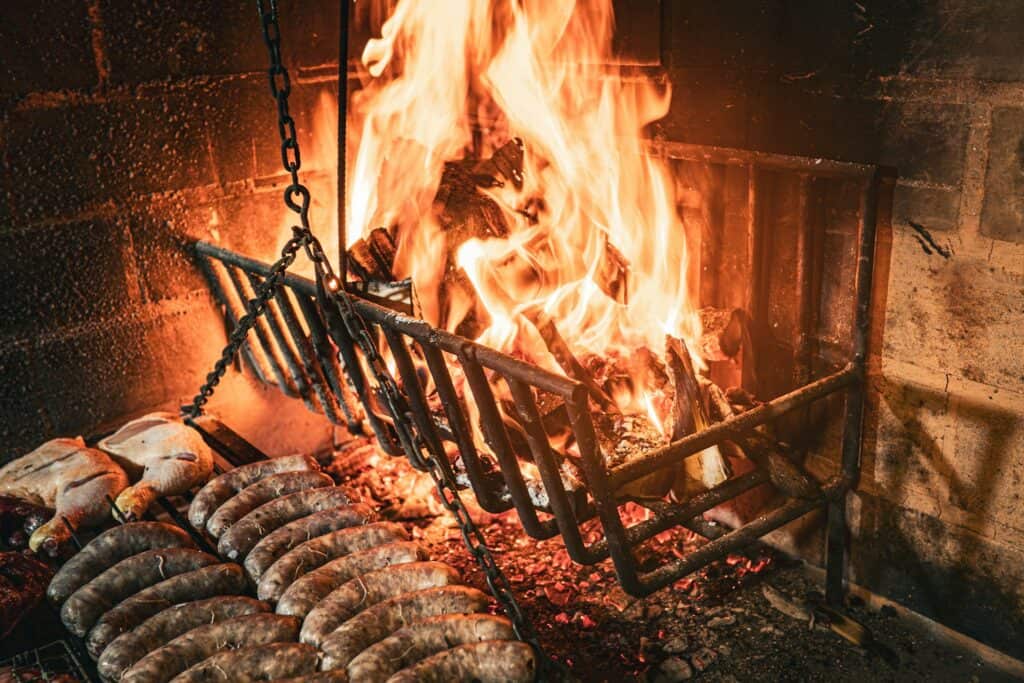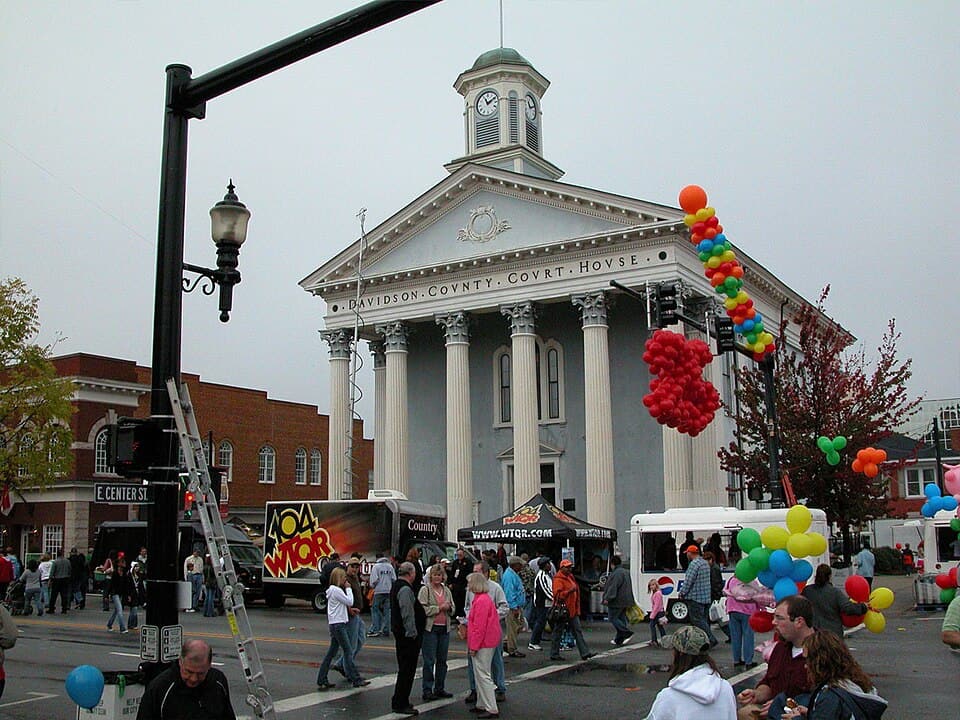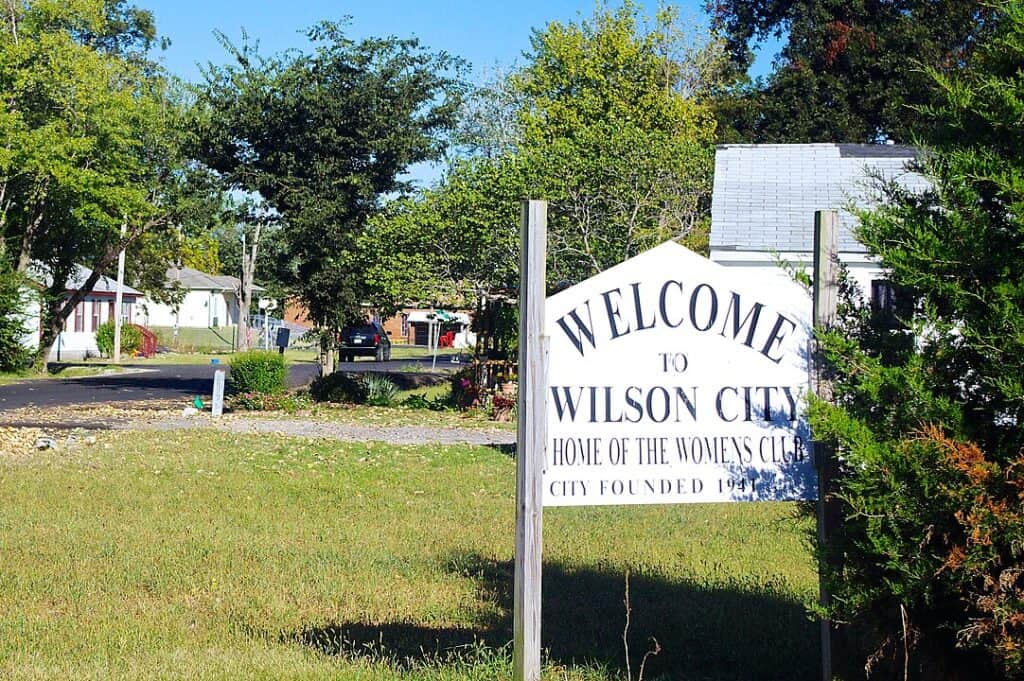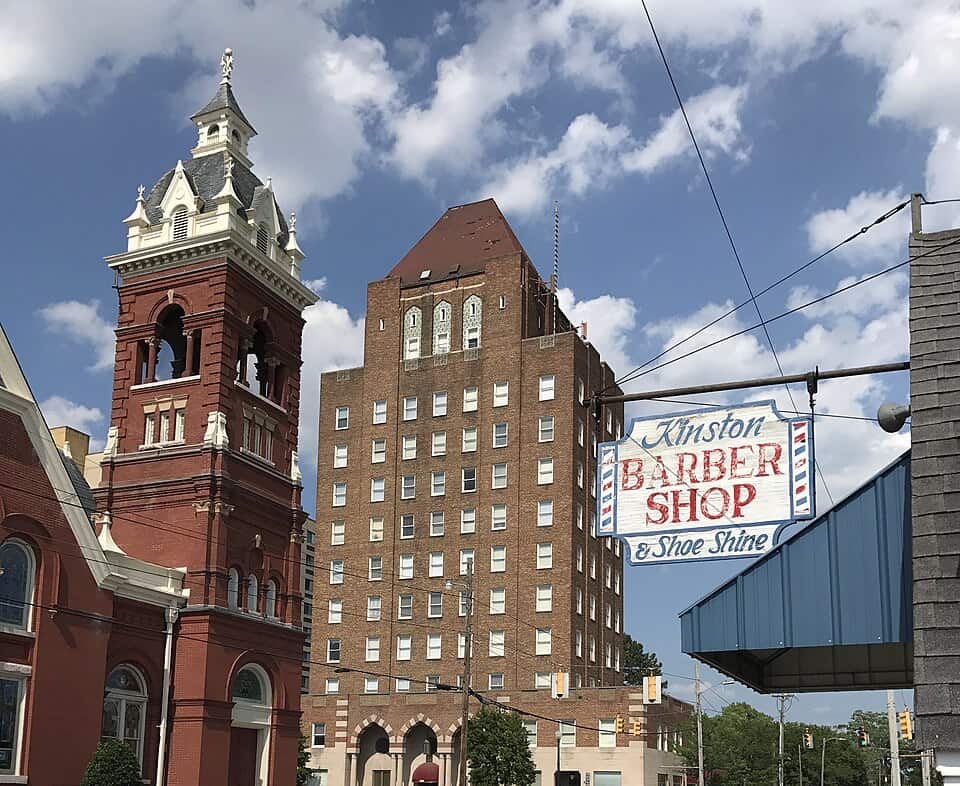We may earn money or products from the companies mentioned in this post. This means if you click on the link and purchase the item, I will receive a small commission at no extra cost to you ... you're just helping re-supply our family's travel fund.

Barbecue in North Carolina is a map and a language. East of Raleigh, whole hog meets a bright vinegar-pepper sauce that wakes every bite. West toward the Piedmont, pitmasters favor pork shoulder and a tomato-tinted dip, with red slaw riding shotgun. Smokehouses anchor small towns, and hand-lettered signs still decide lunch plans. The joy is simple: wood, patience, and meat sliced or chopped to order. Drive a little, listen for hickory, and let the state tell its story one plate at a time.
Lexington

Lexington treats barbecue like civic identity. Pits lean on hickory, pork shoulder takes the smoke, and a tangy red dip ties everything together. Plates land with coarse-chopped pork, red slaw, and a square of hushpuppies that crackle softly. The annual October festival turns Main Street into a parade of smoke and music, yet weekday lunches capture the heart of it. Sit at a counter, watch cleavers flash, and taste a town that built an economy on patience and fire.
Ayden

Ayden keeps the eastern canon alive with whole hog cooked low until skin shatters and shoulder melts. Pitmen chop meat fine with shards of cracklin for texture, then bless it with a clean vinegar-pepper sauce that sharpens, not hides. Sides stay simple, slaw, cornbread, maybe collards, because the hog carries the show. Locals argue over bark and balance, but everyone meets at long tables. The skyline is small, the flavor wide, and the welcome immediate.
Goldsboro

At the bend of Highway 70, Goldsboro plates eastern-style pork that tastes like smoke and daylight. Open pits perfume the air before the sign comes into view, and the sauce lands bright enough to reset a weary palate. Macaroni, boiled potatoes, and slaw round the tray, with banana pudding clearing any remaining doubt. Pilots from the nearby base mix with road crews and families, proof that a good pit erases social distance faster than talk.
Greenville

Greenville eats early and often. Whole-hog joints sell out by early afternoon, so a line forms while the chopping block thumps behind the counter. The sauce is vinegar forward, peppered enough to keep conversation lively, and the meat shows both silky shoulder and crisped skin. Plates travel to truck beds and tailgates, then vanish. This is college-town energy with farm-country discipline, where a hand-painted “until it’s gone” sign is both warning and promise.
Wilson

Wilson understands family style. Long tables hold platters of chopped pork, fried chicken, slaw, and hushpuppies that arrive faster than the tea can be sweetened. The barbecue leans fine-chopped and clean, built on whole hog and tempered with a gentle sauce that never turns syrupy. Cash registers click, servers hustle, and the room hums without pretense. It feels less like a restaurant and more like a standing appointment with comfort done correctly.
Kinston

Kinston cooks with a river breeze and a long memory. Whole-hog pits roll smoke across town, and plates arrive with soft corn sticks, tangy slaw, and the unfussy confidence of a place that focuses on the essentials. Pitmasters talk wood and weather more than trends, and regulars judge with quiet smiles. After lunch, downtown galleries and a stroll by the Neuse stretch the afternoon. Barbecue leads, small-town rhythm carries the rest of the day.
Shelby

On the western edge, Shelby makes a case for shoulders and a tomato-kissed dip that clings lightly without bullying the smoke. Order chopped or sliced, add red slaw with a peppery snap, and let crispy “outside brown” anchor the plate. Old-line pits still shovel coals, and counters feel built for local debate. Dessert often looks like cobbler in a styrofoam cup. The mood is friendly, the seasoning confident, and the tradition unmistakable.
Winston-Salem

The Triad keeps the Piedmont playbook polished. Winston-Salem serves shoulder with a balanced dip, fries or hushpuppies, and slaw that tilts sweet-tart. Smokehouses tuck between bakeries and old factory bricks, and Saturday crowds arrive in church clothes or ball caps without changing the tone. Order a tray, watch the blade work, and add a slice of pie if the day allows. The city pairs smoke with civility, never rushing the line or the fire.
Raleigh

Raleigh blends heritage with new craft. Institutions with decades on the wall share the map with wood-pile newcomers who cook whole hog downtown and pour sauces like they mean it. Tech workers, legislators, and families squeeze into booths that still smell like smoke at 11 a.m. Plates lean clean and balanced, letting pork lead and vinegar finish the thought. Barbecue here feels both preserved and current, proof that a capital can honor its roots without fuss.
Asheville

Blue Ridge breezes and oak stacks frame a mountain take on the state’s two main dialects. Some rooms run whole hog with cracklin folded through; others serve shoulder with a restrained tomato dip and sides that flirt with local produce. Picnic tables crowd patios, and river walks bookend meals. On cool evenings, smoke hangs just long enough to make the next bite feel earned. It’s craft town energy filtered through patience, ash, and skill.